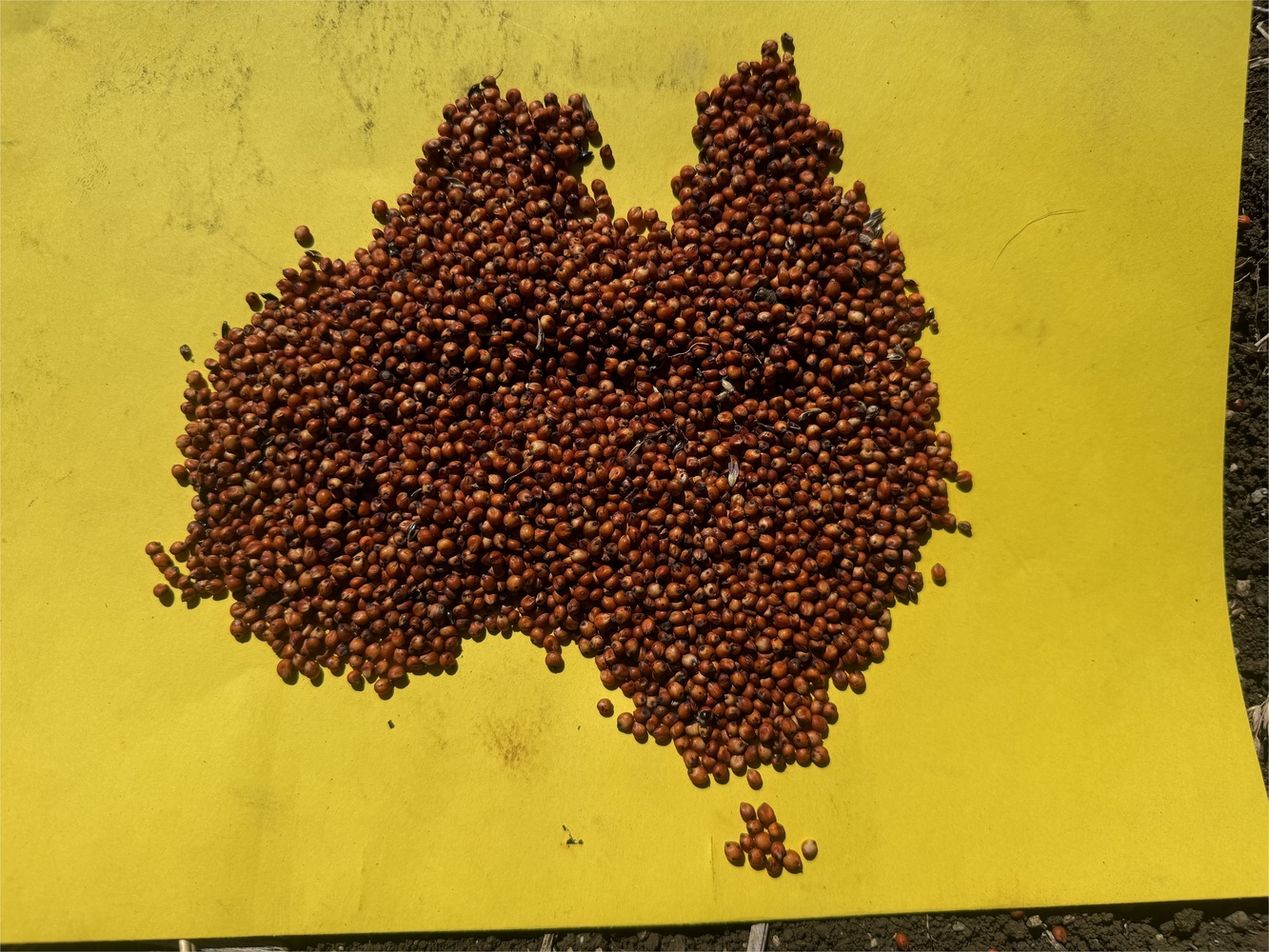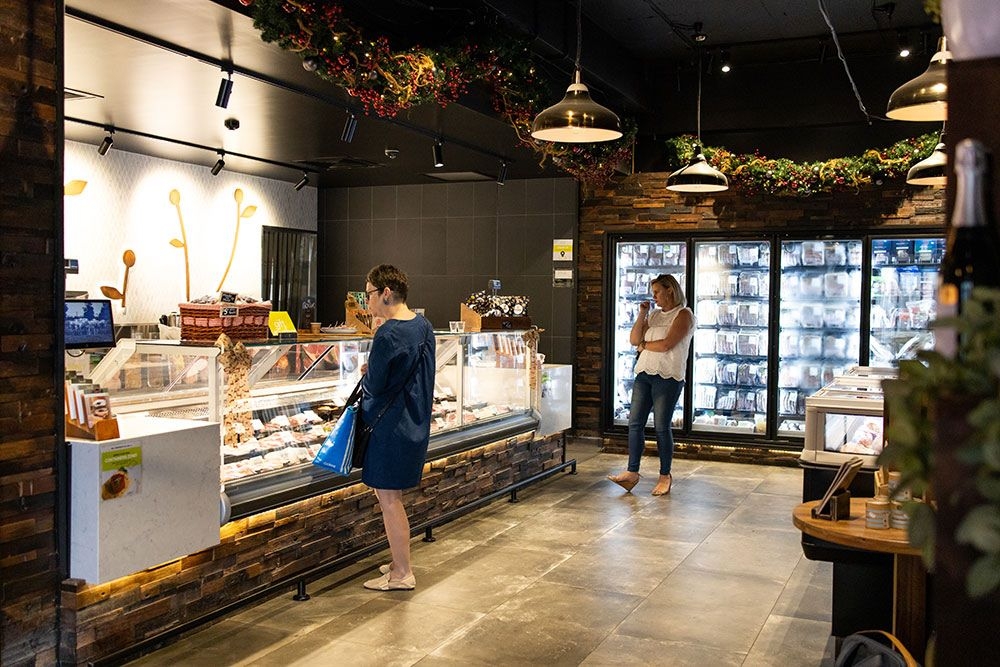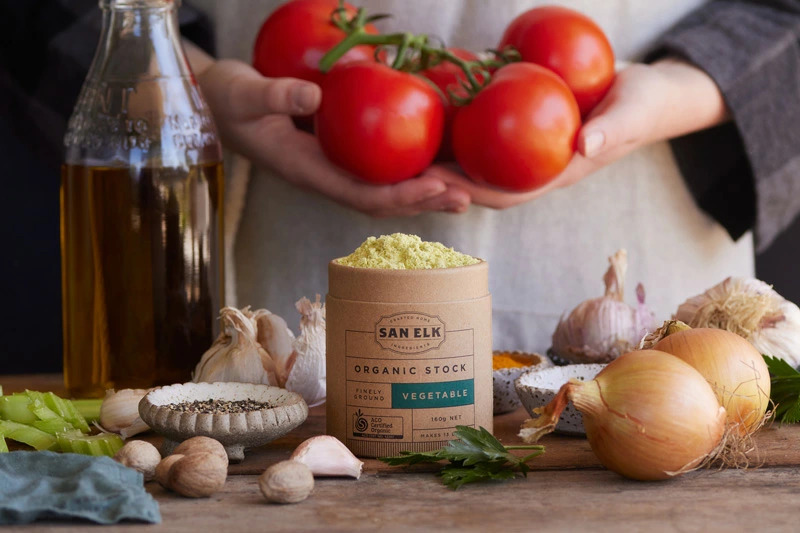LEADING voices from Australia’s certified organic industry have told a federal inquiry into food and beverage manufacturing they are being held back by Australia’s world-lagging approach to labelling laws.
The peak industry group, Australian Organic Limited (AOL), and Australia’s largest certification body, ACO Certification Limited, were flanked at the public hearing in Brisbane by representatives from high-profile brands including Barambah Organics, Nerada Tea, Kehoe’s Kitchen, Trumps Organics, Inglewood Farms and Hive+Wellness Australia.
AOL Chief Executive Officer, Niki Ford, told the inquiry Australia was the only nation in the OECD without a legislated definition of the word organic, which has opened the door to misleading claims on labelling from some operators, undercut those who go through the rigorous certification and auditing process, and created costly red tape for certified producers exporting products to Australia’s biggest trading partners.
“There is no definition around what can be claimed as organic,” Ms Ford told the Committee.
“If you look at the ACCC website, one definition is for organic, and one is for certified organic. That’s the challenge. Even if you have one organic ingredient, or a very small percentage, you can put organic on your packaging.
“We have had many conversations with the ACCC, and presented a table of products physically in front of them, but legally there’s no ability to change it because being certified is not mandated in the domestic market.
“From a consumer perspective there is a lot of confusion and a lot of deceptive labelling. Our last research with consumers suggests that 33% have been misled by products claiming to be organic but have as little as one organic ingredient in it.
“What flows on from that is 81% viewed the whole industry as dubious, and 67% would have an issue with buying organic again, so you can see the compounding effect that one single product can have on a whole sector.”
“We are out of step globally and for us as an industry it’s the greatest issue we face in creating a profitable and productive organic sector.”
A handbrake of exports
Ms Ford said if Australia had a domestic mandate, it would unlock export markets because trading partners would be open to granting equivalency to Australian-certified products. Currently exporters must seek certification in each market.
Australian producer of organic fermented foods, Kehoe’s Kitchen’s Managing Director, Katrina Kehoe, said it created an unnecessary pressure on a business.
“Because of a lack of domestic equivalencies, we are having to get a US certification, or a Japanese Certification, or Korean certification,” Mrs Kehoe said.
“You’re just getting an overload of regulation and that makes it difficult to survive.”
Hive+Wellness Chief Operations Manager, Dr Ben McKee, said the weight of regulation was turning growers off being certified organic.
“At times, our beekeepers have to comply with multiple standards – such as the USDA standard or Korean standard,” Dr McKee said.
“It can be really complicated, and for them to accomplish that, they have to do repeated audits.
“Right now, we’ve got a surplus of organic honey in Australia, with beekeepers producing more than is consumed locally. Being able to access and grow export markets with premium Australian organic honey is a priority for us.”
Mrs Kehoe said a domestic mandate “would change everything”.
“The problem is compounded because I’ve got ten ingredients, so we’ve got lots of suppliers we would have to ask to get USDA certification and it’s just not possible,” Mrs Kehoe said.
Nerada Tea CEO, Stewart Le Bon, said the ambiguity around the definition of organic doesn’t just create confusion among consumers, it affects our company’s investment decisions.
“We have 1100 acres in far north Queensland as a tea plantation and a third of that is undergoing transition to organic,” Mr Le Bon said.
“We are a small player competing with multinationals who can make claims on packaging which are not certified organic. Our margins are very, very low and it’s very hard to compete.
“Ambiguity in an industry causes confusion to the people having to make informed decisions, such as, do we continue to go down the path of organic transition at the plantation?”
Ms Ford told the Committee one company withdrew from an overseas market when faced with costs that would have run into the millions of dollars.
“There are people in our sector who have multiple, full-time employees in their business just to manage how many certifications they have,” Ms Ford said.
“That’s extraordinary to think that you are employing people to manage red tape rather than things that could drive growth.”
IMAGE CAPTION: Addressing the Parliamentary Inquiry into Food and Beverage Manufacturing in Australia (from left), Inglewood Farms Managing Director, Katrina Hobbs, Kehoe’s Kitchen Director, Katrina Kehoe, Nerada Tea CEO, Stewart Le Bon, Hive & Wellness Australia Chief Operations Manager, Dr Ben McKee, Barambah Organics CEO, Chris Elliot, ACO Certification Ltd CEO Mark Shaw, Trumps Organics Managing Director, Declan Dart and Australian Organic Limited CEO, Niki Ford.
Media enquiries: Matt Wordsworth – matt.wordsworth@bluehillagency.com.au – 0404 029 241






